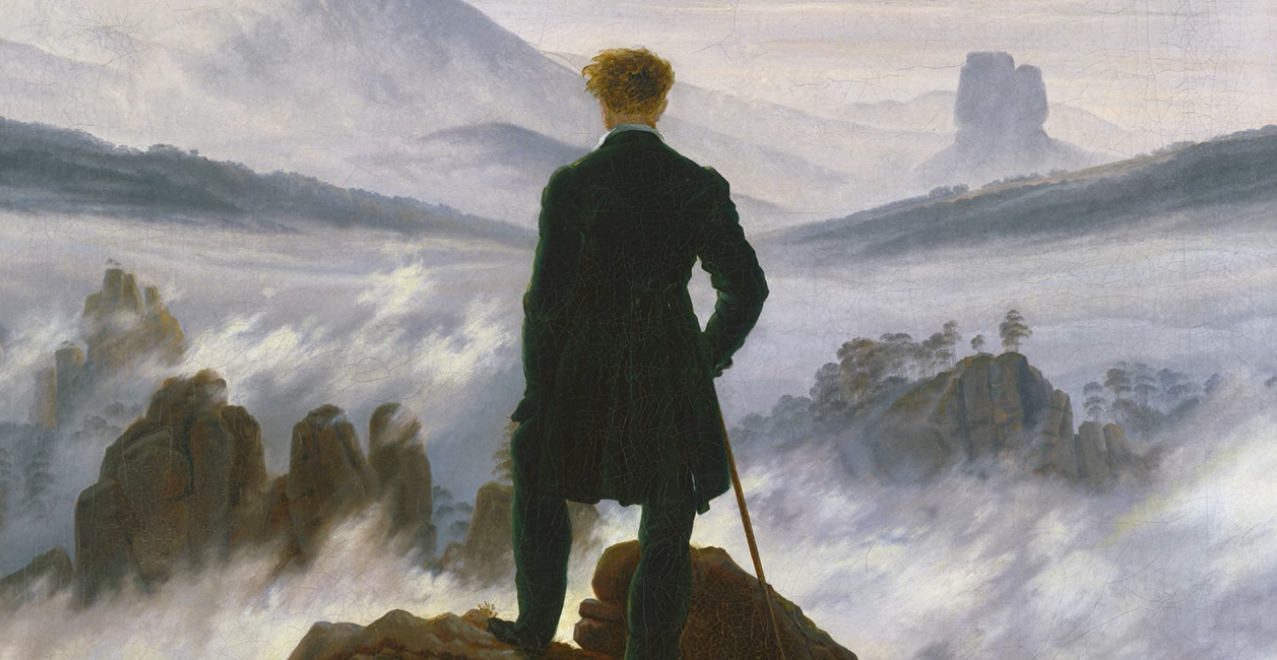The digital age has revolutionized almost every aspect of our daily lives, with entertainment being one of the most dramatically transformed sectors. From the days of traditional television and radio to the rise of streaming services, digital entertainment has become an integral part of the modern lifestyle. Today, consumers have more access to content than ever before, thanks to the proliferation of high-speed internet, smartphones, and the widespread availability of digital platforms. These developments are not just reshaping how we consume media but are also paving the way for new types of interactive experiences, from online gaming to virtual reality.
One of the most noticeable trends in digital entertainment is the shift toward on-demand content. Services like Netflix, Hulu, and Disney+ have made it possible for viewers to watch their favorite shows and movies whenever they want, as opposed to adhering to a fixed broadcast schedule. This flexibility is not just about convenience; it also enables consumers to discover new genres and niche content that they might not have encountered through traditional media channels. The demand for on-demand services has sparked an explosion of original content production, with streaming platforms investing heavily in creating exclusive movies, documentaries, and series. This has led to a shift in the way traditional studios and networks operate, forcing them to adapt and compete with new forms of media consumption.
As on-demand content continues to flourish, another segment of digital entertainment that has seen explosive growth is online gaming. The gaming industry, valued at billions of dollars, is no longer limited to console and PC games but has expanded into mobile devices, with millions of users playing on their smartphones and tablets. Gaming has also become more social, with online multiplayer experiences allowing players to interact and collaborate across the globe. The popularity of esports, competitive video gaming, has skyrocketed, with professional tournaments and live streams attracting millions of viewers. This shift has turned gaming into a legitimate form of entertainment, one that rivals traditional sports in terms of viewership and fan engagement.
The online gaming industry isn’t just limited to casual gaming or esports, though. Another growing trend is the rise of online casinos, which offer players the thrill of gambling from the comfort of their own homes. This sector has seen rapid expansion in recent years, with players flocking to digital platforms for a wide range of casino games, from slot machines to poker and live dealer games. With the increasing number of online casinos available, it’s important for players to find trusted platforms. For those seeking a hassle-free experience, choosing the best casinos without verification can be a game-changer. These casinos allow players to sign up and start playing without the lengthy verification process, providing a more streamlined and convenient way to enjoy gambling. However, it is essential to choose reputable sites to ensure a secure and fair gaming environment.
Another significant development in digital entertainment is the rise of virtual and augmented reality (VR/AR). While still in the early stages of mainstream adoption, VR and AR technologies are poised to create entirely new immersive experiences for users. VR allows users to experience games, movies, and even social interactions in a 360-degree environment, while AR blends digital elements with the real world, enhancing everyday experiences. This has huge potential not only for entertainment but also for education, marketing, and even healthcare. Companies are already experimenting with VR and AR applications, and it’s likely that in the coming years, these technologies will become an essential part of how we engage with entertainment content.
Social media platforms have also played a significant role in shaping digital entertainment trends. Platforms like YouTube, TikTok, and Instagram have become sources of entertainment in their own right, offering content creators a space to showcase their talents and build communities. These platforms have democratized content creation, allowing anyone with an internet connection and a creative idea to potentially reach millions of people. The rise of influencer culture has also influenced entertainment trends, with social media stars now being considered legitimate celebrities. Whether it’s through gaming streams, music videos, or comedic skits, social media has allowed new forms of entertainment to emerge and thrive.
As digital entertainment continues to evolve, it’s clear that technology will continue to drive innovation in the sector. The integration of artificial intelligence, machine learning, and high-definition graphics will likely shape the next phase of entertainment. Moreover, with the growth of personalized content recommendations and algorithm-driven platforms, entertainment experiences are becoming more tailored to individual tastes. For creators and consumers alike, this presents exciting opportunities, as the lines between traditional media and digital platforms continue to blur. The future of entertainment is undoubtedly digital, and with each technological advance, we are one step closer to a fully immersive, interconnected entertainment ecosystem.
In conclusion, the future of entertainment is digital, and the trends shaping it—on-demand services, online gaming, VR/AR, social media, and more—are just the beginning. As new technologies emerge and digital platforms evolve, the possibilities for entertainment are virtually limitless. Whether it’s streaming content on-demand, engaging in interactive online gaming, or diving into immersive virtual environments, the way we experience entertainment will continue to transform in exciting and innovative ways.






